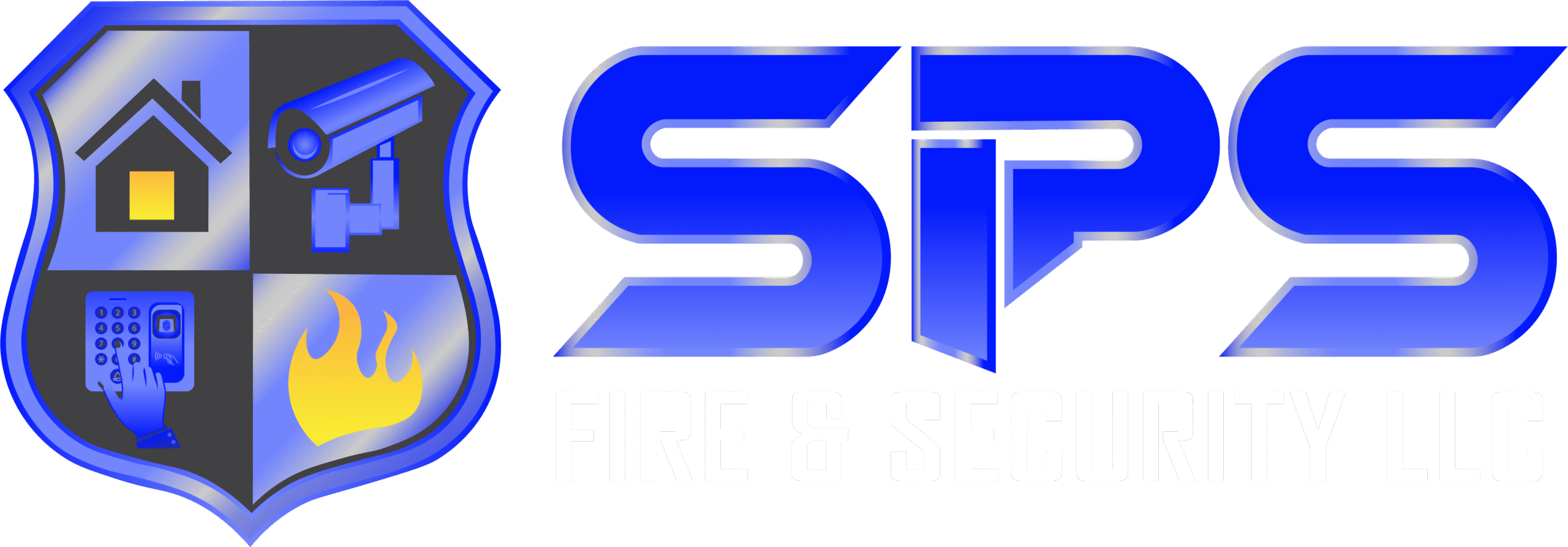Can I Record My Nanny? Are Audio Recordings Legal Commercially? What’s the Deal When It Comes to Video Surveillance Ethics?
People often question video surveillance ethics. Home video surveillance is gaining popularity. Property crimes have risen. Also, parents want to check on kids, elderly relatives, and pets when away.
Seeing kids home from school or checking on an elderly relative with health issues brings peace of mind. People just pick up their smartphones.
Parents also install video surveillance. They check on kids and nannies during the day. Employers use it to protect their business and workers.
The many uses of video surveillance raise questions. What ethical and legal rules should people follow? This applies to home and business video surveillance. They monitor family, pets, employees, and businesses.
The good news is we have answers for you.
What to Know about Residential Video Surveillance
If you choose home video surveillance, you can put cameras inside and outside. If you want indoor cameras to watch kids, nannies, pets, or elderly relatives when you’re away, don’t legally or ethically put cameras in bathrooms or a live-in nanny’s bedroom. Also, don’t install cameras in guest rooms. That would violate overnight guests’ privacy. It’s okay to put a camera in your own bedroom or young children’s bedrooms.
If you hire a nanny, it is best to do the following to ensure video surveillance ethics are followed:
- Advise the nanny that cameras are used inside the home.
- Show the nanny where the cameras are located.
- Have the nanny sign an agreement in which he/she acknowledges the presence of video surveillance in the home.
Hiding cameras and using them secretly breaks trust. It goes against video surveillance ethics. Parents want to protect kids. Homeowners want to protect property. But it unnerves people to find out they are being videoed without their okay. Proper notice can stop many problems.
It’s best to have anyone working on the property sign an agreement. This paper shows they know about the cameras. It’s also ethical and polite to tell non-employees entering the property. Use a sign or tell them they are under surveillance.
What to Know about Commercial Video Surveillance Ethics
Just like you’d have a nanny sign an agreement, business owners should have employees sign one too. This paper should say they know they are on video at work. The law doesn’t require this. But it’s a good way to protect everyone. Business owner’s right to install cameras. It’s important to cover all of the bases.
Usually, people install cameras to watch over everyone’s safety there. Also, business owners can make sure their business is okay when they aren’t present.
Furthermore, many home rules apply here too. For example, don’t put cameras in restrooms, locker rooms, or changing rooms. This breaks privacy rules. It could even be seen as spying.
Moreover, it’s bad when someone accuses an employer of recording in private areas. Consequently, the issue of “audio surveillance” arises.
The Scoop on Video with Audio and the Video Surveillance Ethics
There are some states that protect against audio recordings without the consent of the nanny or other party entering the premises. New York isn’t one of those, but, again, it is common courtesy to notify the nanny, handyman, dog walker, or another individual that the video cameras can also record audio. When the person is an employee, written consent will be needed.
The following video addresses video surveillance rules that must be followed by Realtors, but has valuable information that can apply to any property owner wishing to have home surveillance cameras installed:
Commercial Audio Surveillance – Employees
Regarding commercial video that includes audio, an employer can only use video-only surveillance when they operate cameras without employees’ knowledge. However, section 250.05 of the New York Penal Law states that an employer can’t eavesdrop on conversations by mechanical means anyway. Since video cameras with audio recording ability fall within this category, violating this law constitutes a felony.
On the other hand, New York allows recording a person’s voice with their consent. Therefore, if you have employees sign an agreement in which they acknowledge their voice will be recorded in certain areas of the business when they are present in the building, then you protect yourself against eavesdropping laws.
Commercial Audio Surveillance – Customers
As far as recording the voices of customers, there are some establishments that may need audio recording for security reasons. These establishments include:
- Check cashing establishments
- Banks
- Educational testing centers
- Convenience store/gas station counters
- Nightclub entrances and exits
If it is a must for audio surveillance to be present, posting a sign doesn’t excuse unlawful audio reception. It is imperative that all audio recordings are carried out lawfully. Posting a sign that says, “Entering this facility implies that you consent to audio surveillance” works well.
However, don’t immediately choose audio if you’re unsure how your business can stay within the law.
Furthermore, if you ever doubt it, seek legal advice from an experienced attorney. Since every business and situation differs, it’s important that you define your intent so you know whether or not it violates the law. Ultimately, the decision depends on how important audio surveillance is to you.
Contact Your Western New York Security Company
SPS Fire & Security specializes in residential and business video surveillance. We use state-of-the-art equipment, commitment to the customers, and personalized service to give you the best experience possible. We also give you better protection for your home or business and we’re local! Call us today at 585-770-0348 or complete our contact form and we’ll get back to you as soon as possible.


